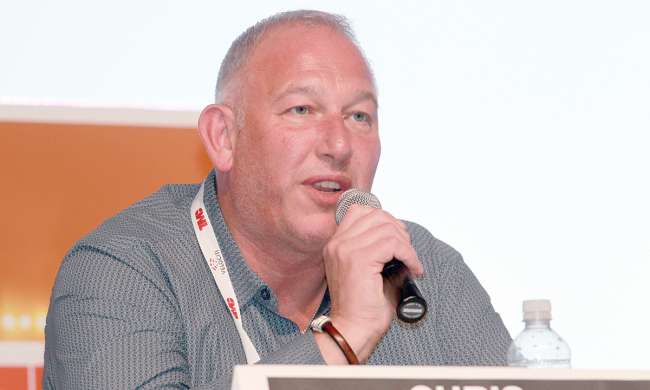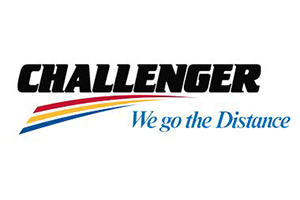Features Editor
Fleets Must Learn From ‘Big Data,’ Maintenance Director Says

“Big data” is essentially of no benefit to fleets if they don’t take all of the information they have on their equipment and repairs and learn from it, a maintenance director of a Canadian fleet said.
“I have the big data,” said Chris Iveson of Cambridge, Ontario-based Challenger Motor Freight Inc. However, “I don’t have the tools to do anything with all of that data. When we create a work order, there’s so much detail in there. It’s all electronic.”
"When I can give all of that data to a third-party company that will analyze that data and give it back to me in a nice report and a nice analytical tool, now I’ve just created value that I didn’t have before," he said.
Iveson was among panelists addressing “The Application of VMRS to Big Data Benchmarking and How It Helps Fleets," during American Trucking Associations’ Technology & Maintenance Council’s annual meeting in Atlanta. He spoke with Transport Topics after the session ended.
Transport Topics recently reported that a benchmarking service built around fleet-supplied data on unscheduled repairs is being launched by FleetNet America and TMC. The TMC/FleetNet Vertical Benchmarking Program will allow motor carriers to compare their unscheduled repairs with those of comparable fleets via an online dashboard, the groups said during a press conference at the annual meeting. The information is built around TMC’s Vehicle Maintenance Reporting Standards system, which has a variety of codes for maintenance issues and repairs.

Iveson said his role on the panel was as a fleet that uses VMRS, and which participated in a FleetNet benchmarking study pertaining to other trucking companies in his company’s peer group.
About six months ago, he said FleetNet asked if he would be interested in joining a peer group for benchmarking on-road breakdown performance. This addresses how a fleet’s internal systems work — whether the company outsources the work or does it in-house using VMRS codes, Iveson said.
The project required his administrative employees who perform this work to become certified with TMC as VMRS specialists, he said. This means that they understand how to correctly use a VMRS code,“ and not just have garbage information.”
That’s because the entire premise is having the right information. “Because if it’s garbage in, it’s garbage out,” Iveson said.
Once his staff became certified, all of Challenger’s breakdown information in its system was converted to Excel and given to FleetNet.
“It measured all of the events that we had and came up with a reporting device for us to be able to drill into,” he said, “so we can see not only where our costs are and where we spend money but how we vertically match up to our competitors, how we vertically match up to our peer groups.”
As one example, Iveson said he can tell if the maintenance practices for his fleet’s equipment are better than his company’s peer group.
“All things being equal, I may be better at tires than somebody else, but somebody else may be better at lighting,” he said.
Iveson noted he learned two key things.
The first is validation of his maintenance practices. “Is what I’m doing as good as what the industry is doing?” he said. The FleetNet tool allows him to see that because of the uptime with the equipment on the road.
The second is opportunity. “Where can we do a better job, where can we apply more focus to save money?" Iveson said.
Ultimately, in this instance, Iveson said big data is compiling all of the day’s activities for three months in every facet of his business.
“Whether it’s in-house repairs or on the road," he said, “wherever it is that it happens.”


